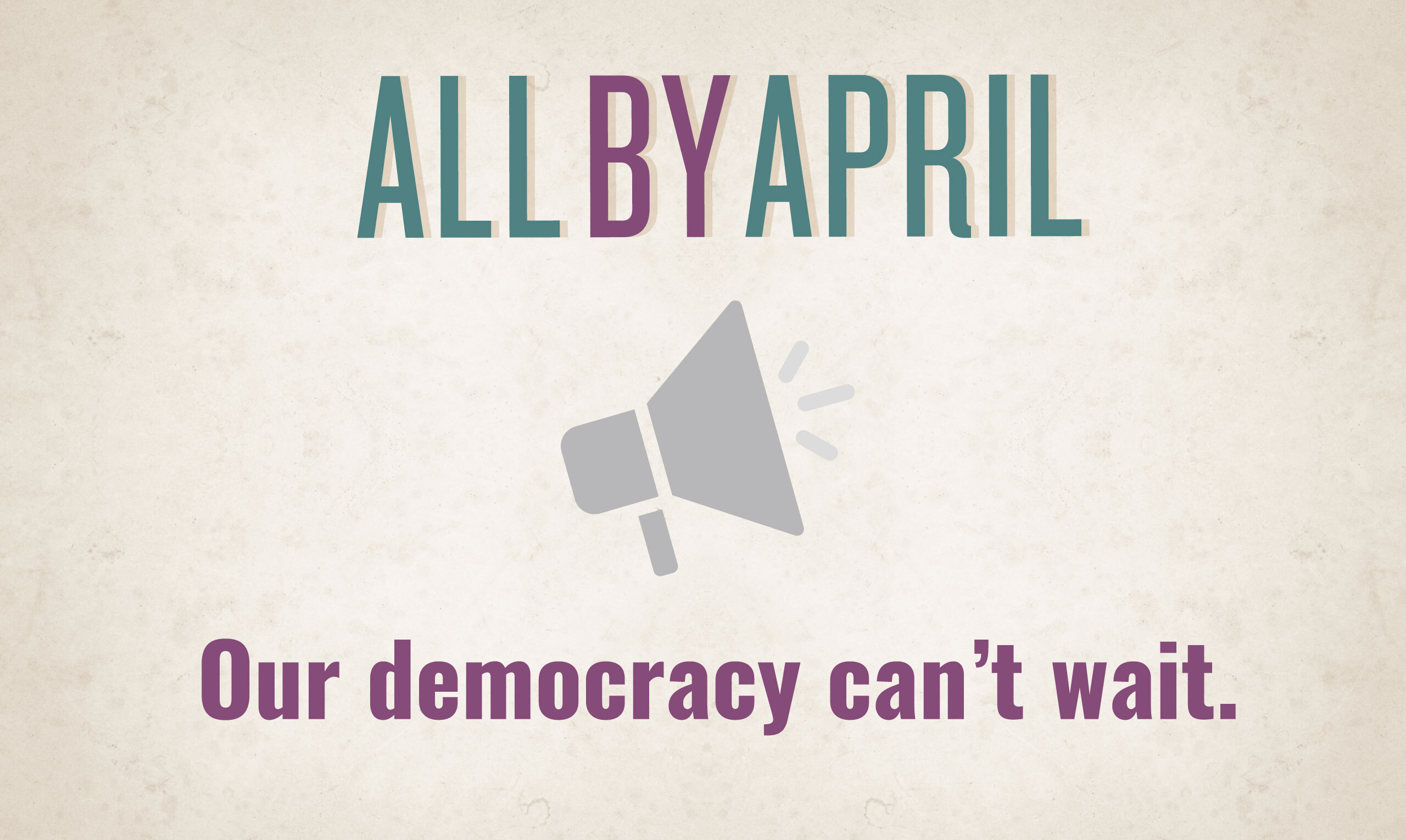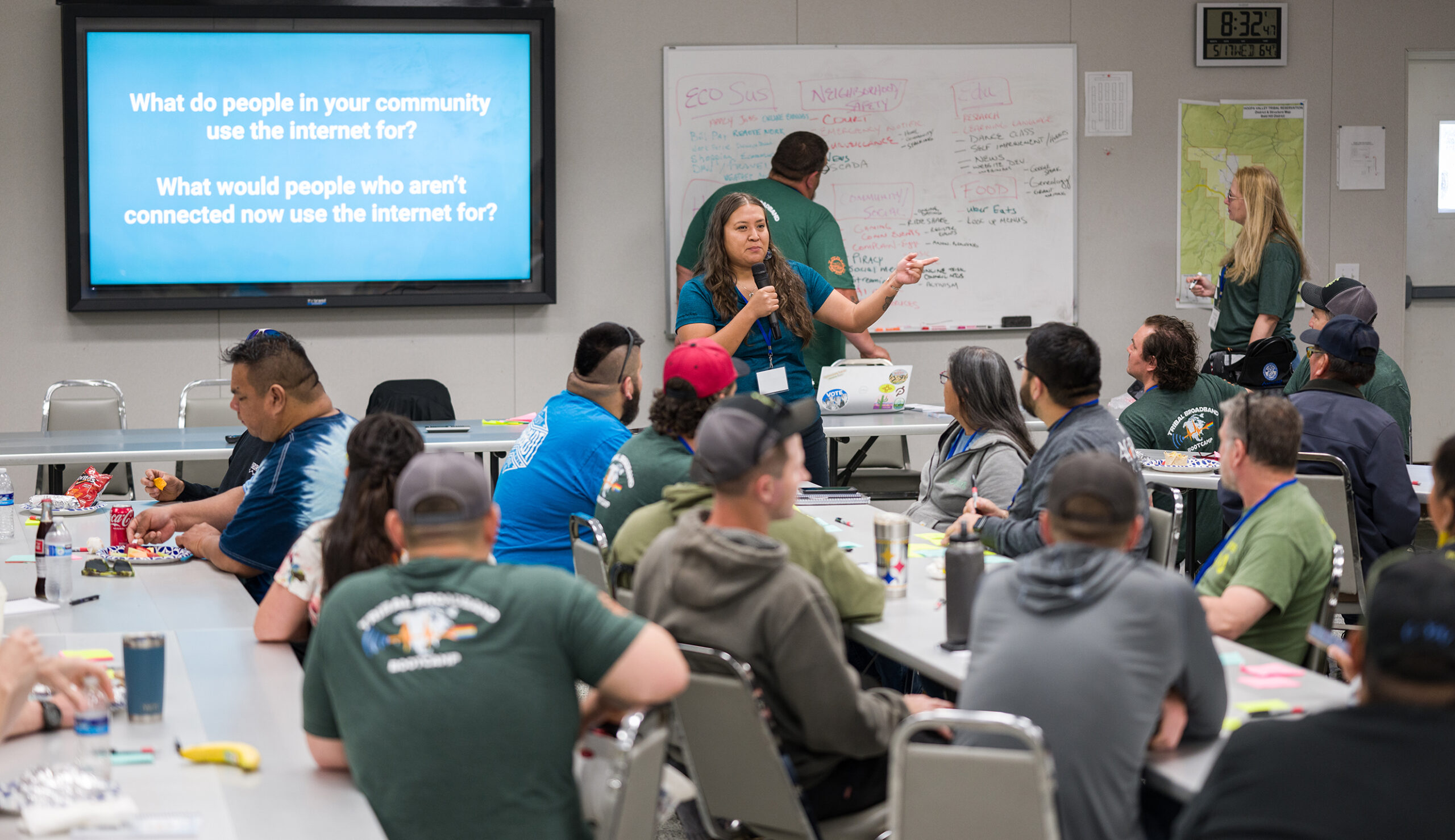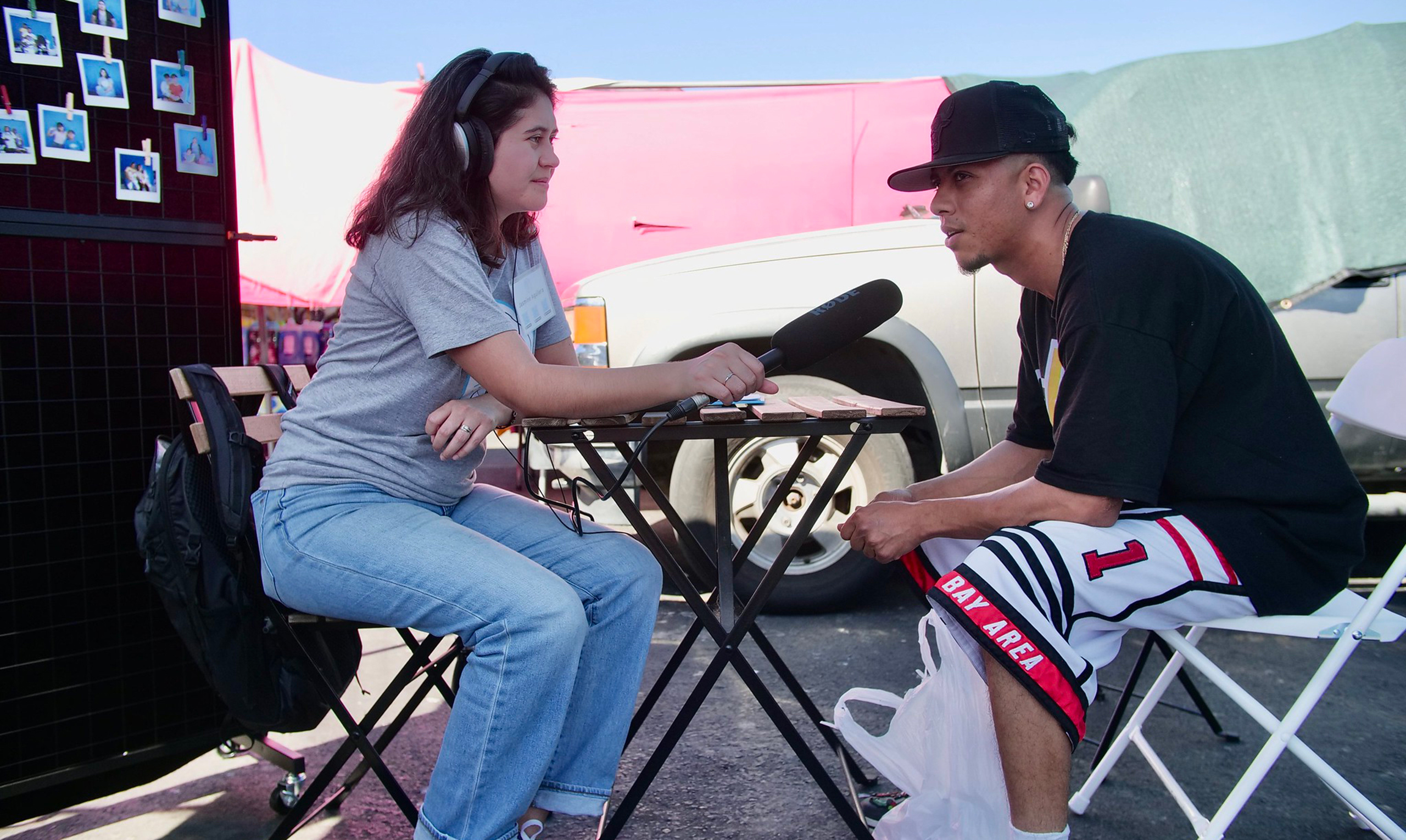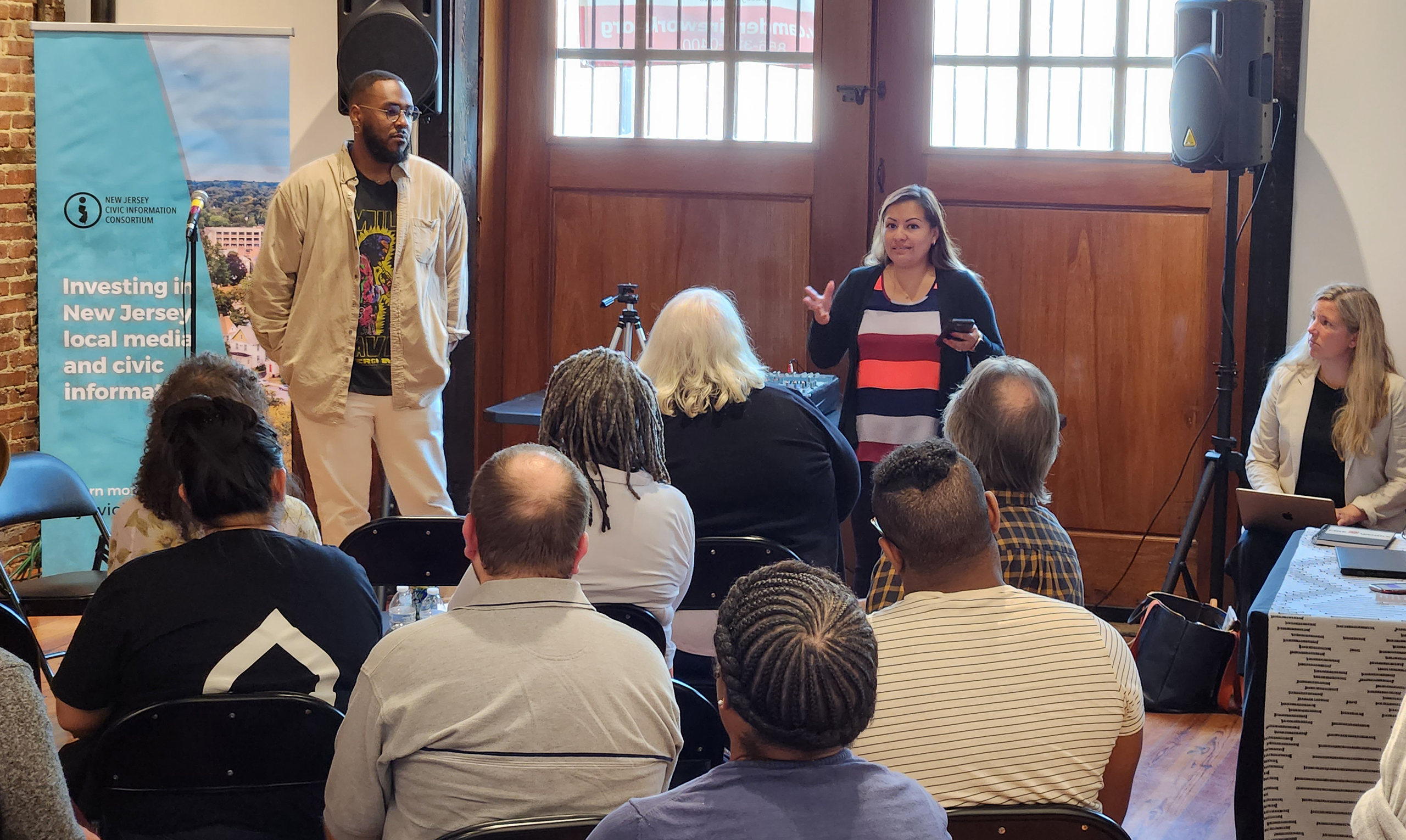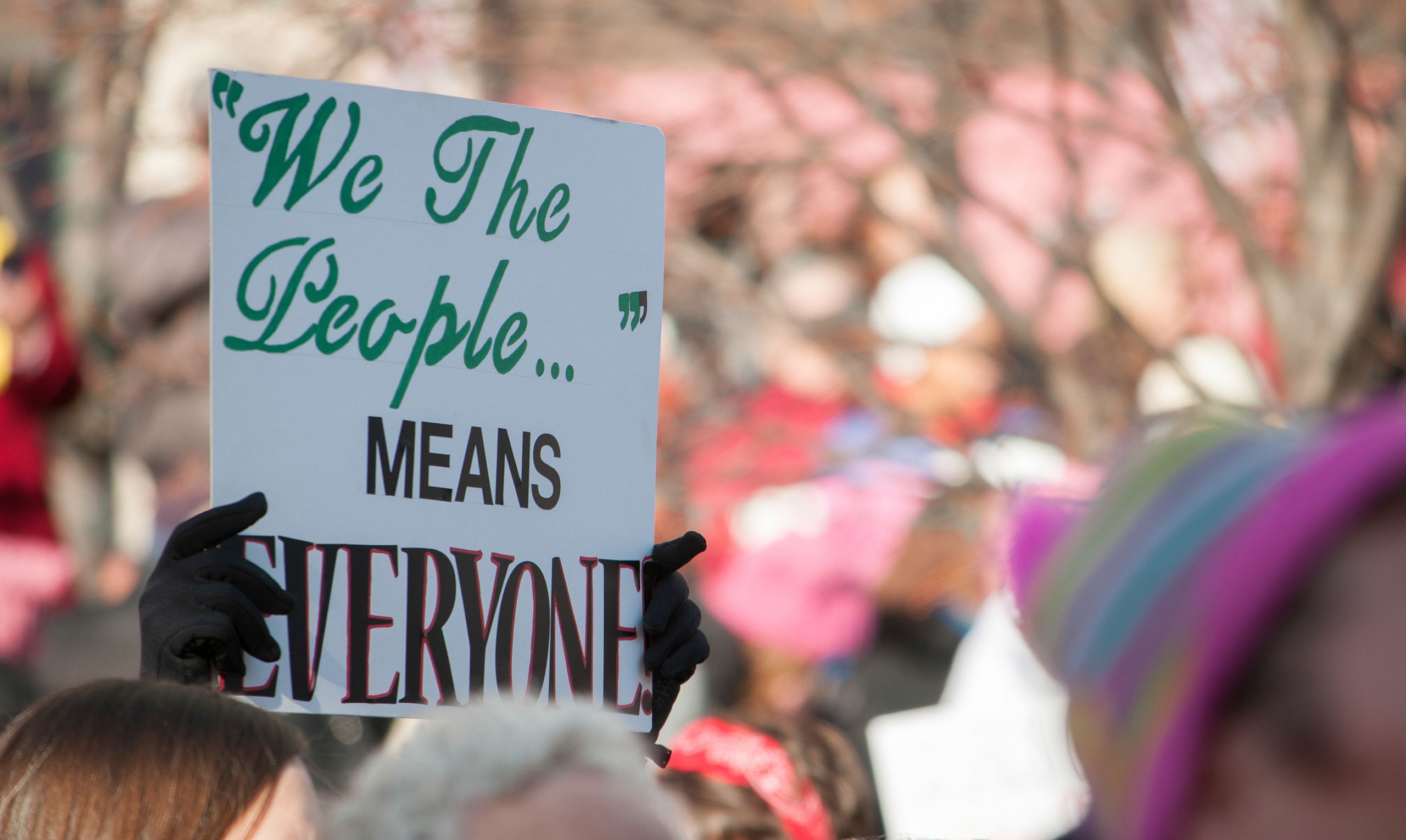The nonprofit organizations working tirelessly to ensure our elections remain free, fair, and representative are the unsung heroes of our democracy. Whether they are fighting to reduce barriers to voting, combating misinformation, recruiting poll workers, or organizing registration drives, these nonpartisan groups help connect voters to the ballot and protect the integrity of our elections.
Unfortunately, too many of these organizations must head into a challenging environment without the resources they need. Year after year, we hear from the field that donors are moving too slow and that money has arrived too late to be used effectively and efficiently.
Early and consistent resources are key to grantee operations. Supporters need to give them the runway they need — the confidence to plan, the ability to hire and train staff, and the time to lock in lower cost rates. In an era where early and mail-in voting are becoming more prevalent, the need for early resources that support our elections infrastructure is more critical than ever.
No doubt, many of the challenges that nonprofits face are a result of grantmaking timelines and practices. That’s why Democracy Fund, along with dozens of other pro-democracy funders, is making the All by April pledge. We’re committing our dollars earlier and moving funds sooner than we might have otherwise. Already, more than 70 foundations, individual donors, philanthropic advisors, and pooled funds have signed the nonpartisan, 501(c)3 All by April pledge.
Our commitment is straightforward. We are working to be good partners to our grantees and doing all that we can to have their backs as we head into another election cycle.
As part of Democracy Fund’s pledge, our teams are expediting the disbursement of funds to our election-related grantees by the end of April. This means making grant commitments, payments, and disbursements of multiyear grants earlier in the year than we sometimes have in the past. We’ve also been doing what we can to streamline processes, especially for renewal grants, and providing general support grants as much as possible. These actions, we hope, will equip nonprofits with the financial support they need well ahead of the election that they are seeking to protect.
Sign on to the campaign at AllByApril.org.
Many donors are joining us in committing to make all or most of their grants by the end of April. Others are focusing on streamlining renewal processes or finding alternative ways to support their grantees. I hope that even more of my peers will join us in adopting these practices and fostering a collaborative approach to strengthen our democracy. This campaign won’t solve all the funding challenges our civic groups are facing, but I hope it’s a good start.
At a time when our republic is in such a precarious position, philanthropy can no longer conduct business as usual. Creating a culture of early and expedited funding for organizations seeking to ensure free, fair, and representative elections is a tool in our arsenal that directly addresses systemic challenges to our democracy. I invite you to join me in this commitment, ensuring that pro-democracy organizations have the resources they need to fortify the foundation of our democratic system.
